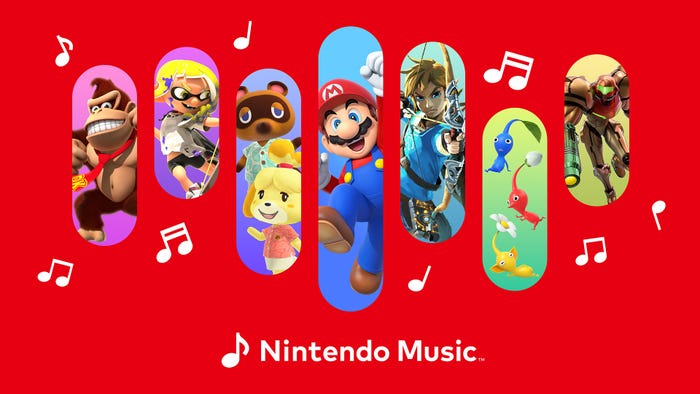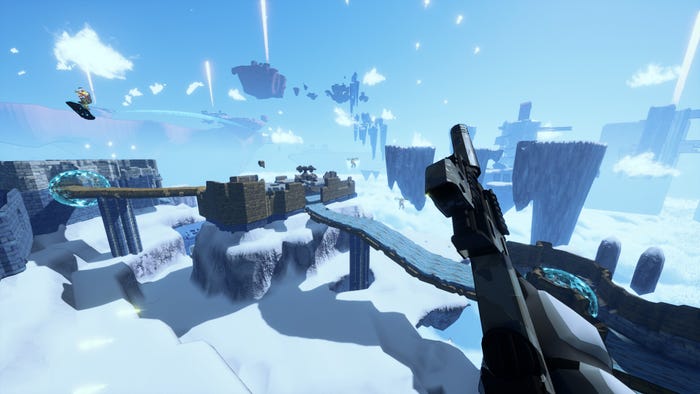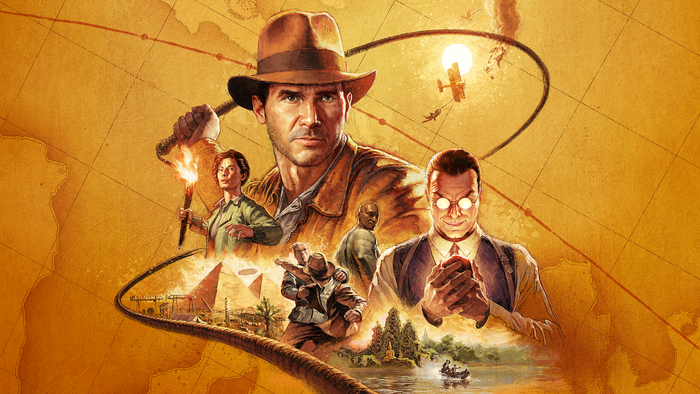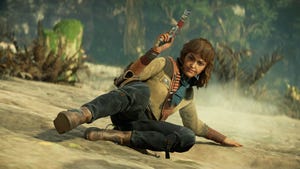
Featured Blog | This community-written post highlights the best of what the game industry has to offer. Read more like it on the Game Developer Blogs or learn how to Submit Your Own Blog Post
Why we're flashing back 15 years to 2008
Wherein we explore some of the most foundational games of 15 years’ past.

2008 was fifteen years ago. I may have just depressed some people, and astonished others, but it’s true: the games of 2008 are officially a decade and a half old and eligible, in many states, for their learner’s permits. That’s high time, we think, for a series of retrospectives on 2008’s foundational games, from all corners of the industry.
It was a pretty wild time in gaming, and something of a transition point: indies—at least in the way we think of Indies” today—were starting to get huge, thanks in large part to the prevalence of Xbox Live Arcade and its promotional power. Think also of Steam’s storefront, of the ubiquitous nature of “smaller” games like World of Goo, Braid, Audiosurf, Castle Crashers, and the like: polished, often stylized games made by smaller teams than what had become the norm for game development by the mid 2000s.
The Wii was in its heyday, infamous for shovelware, first-party gems, and strange, fascinating experiences like Boom Blox and the WiiWare service (launched in March 2008) alike. The Nintendo DS “printed money.” AAA games were at the peak of the Xbox 360 and PlayStation 3 era, and reaching unheard-of dimensions (think of projects like GTA IV and Fallout 3 here in terms of size, scope, budget, and sheer force of industry-wide prestige). EA had its mini-renaissance, with Spore, Dead Space (the remake of which launches shortly), and Mirror’s Edge.
This is the year of Far Cry 2, Left 4 Dead, Devil May Cry 4, Metal Gear Solid 4, and the original, revolutionary LittleBigPlanet.
While we won’t be able to cover each important, revolutionary, or infamous title from 2008, we’re starting a journey this week to make sense of this era. Expect a series that looks back at some of those foundational games and developers that helped shape this space back then into what it is today.
Read more about:
Featured BlogsAbout the Author
You May Also Like









